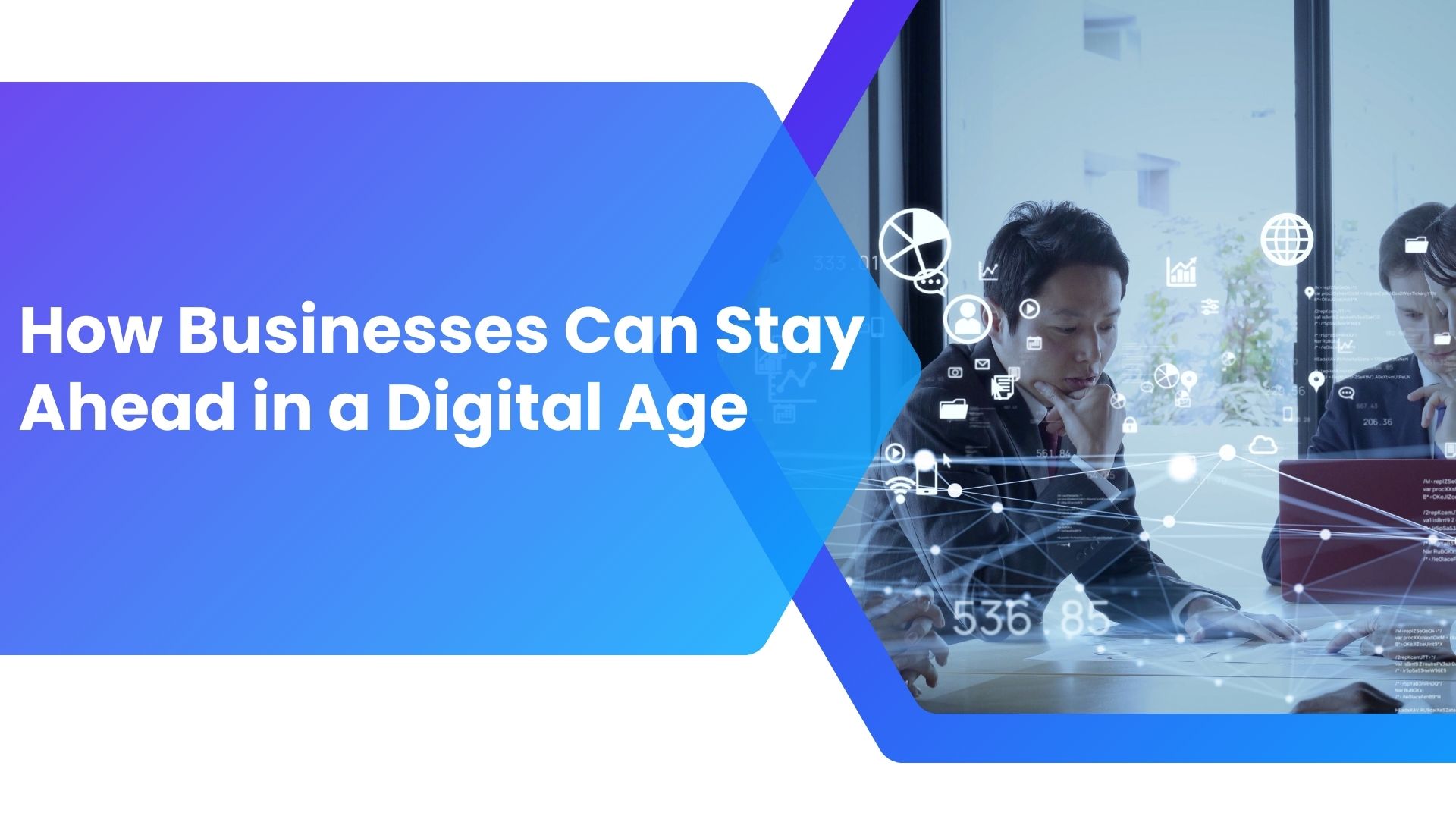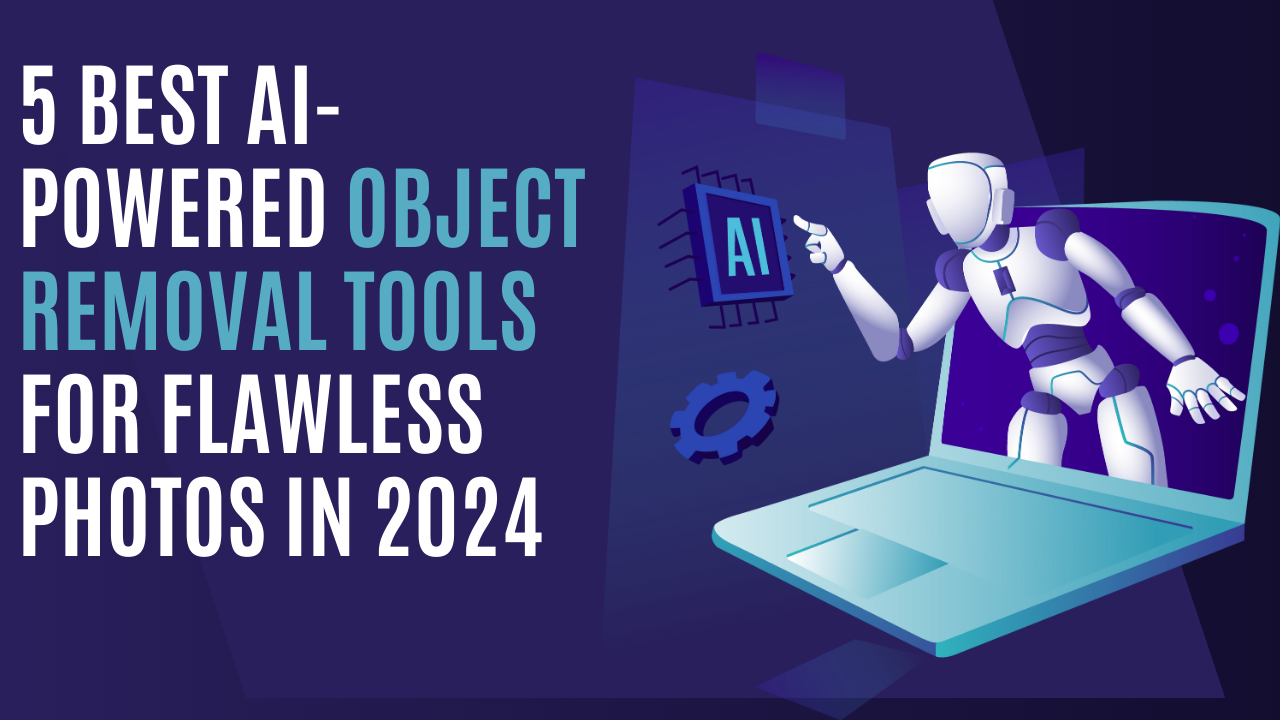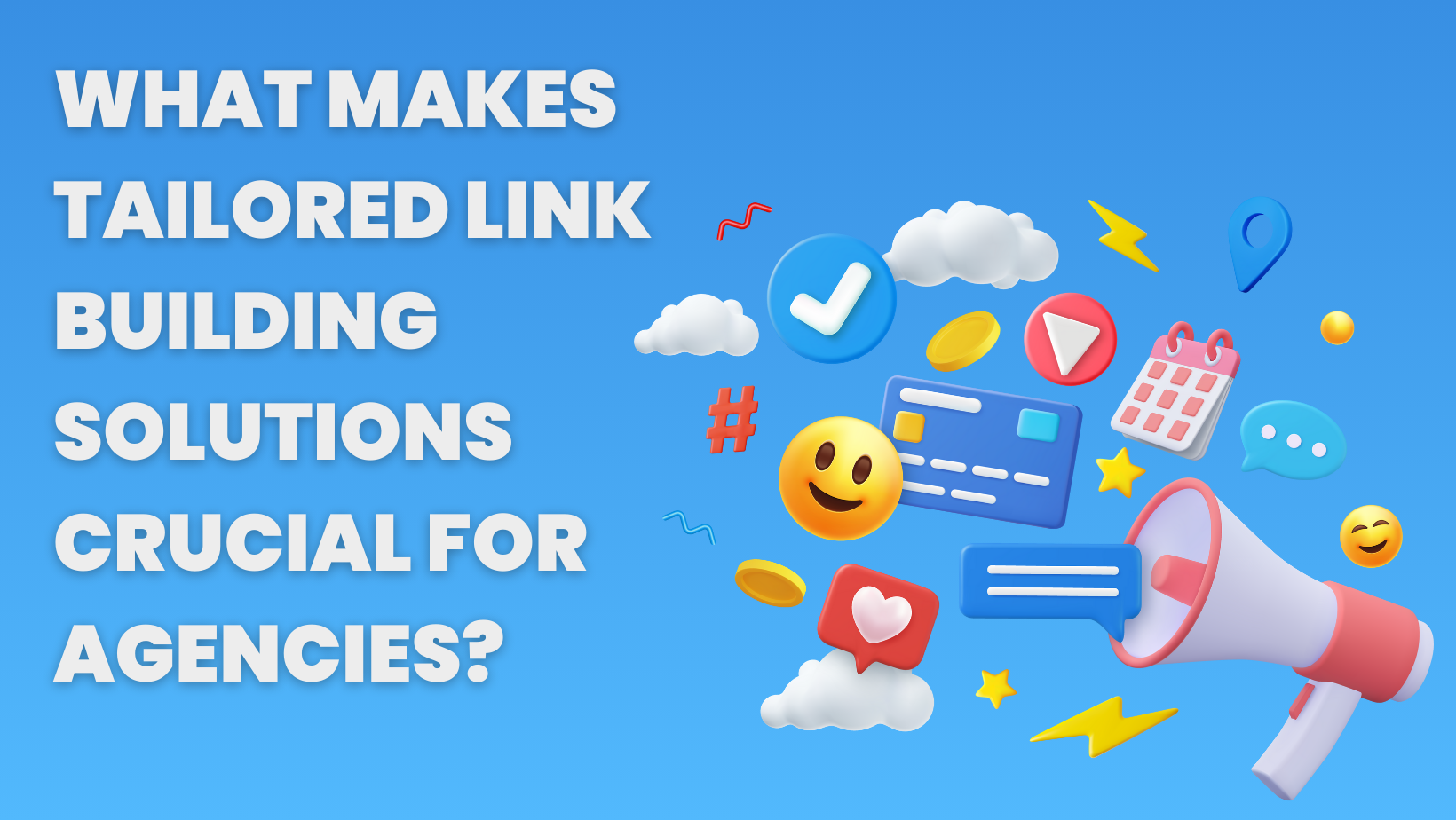In an evolving business market, it's not simply enough to do what you've always done and to continue to deliver at the same standard that has always worked for you in the past. To keep up, businesses have to get ahead, and that means keeping up to date with all the latest trends and embracing new technologies.
Digital transformation is a crucial part of any solid business plan and includes everything from your internal communications to your choice of e-commerce platforms like Shopify. Getting it right could mean sink or swim.
So What is Digital Transformation?
We're not talking about cars that turn into robots here. Digital transformation is about the integration of digital technologies across a whole business, from integrating digital security services to updating internal communications and getting your whole team on Slack. More importantly, it's about getting staff to use those technologies to make their work simpler and more productive.
The Role of Security in Digital Transformation
Digital transformation needs to be considered carefully — not just as a stand-alone project but in the broader context of a business's culture, workforce, and security. Data breaches and cyberattacks can have devastating effects, both financially and on reputation, so organisations must think through how they are going to manage their new systems before they put them in place.
This is where services like ExpressVPN for Windows come into play. By securing internet connections and protecting sensitive data from potential threats, these services help keep businesses safe in an increasingly hostile cyber environment. Ensuring all employees adopt this, especially when accessing company networks remotely, is a simple yet effective way to enhance security.
Why Do We Need Digital Transformation?
Customer Experience
In the digital age, customer expectations are higher than ever, and you'd better believe that if someone isn't happy, they're going to let the world know about it via multiple channels. The digital generation has high expectations — they demand seamless, personalized experiences across all touchpoints, and without technology, you won't be able to deliver. This guide to developing customer relationship management tools by TechaSoft explains more.
Operational Agility
The pace of business nowadays is fast-moving. When something happens, either internally or externally, you need to be able to respond and adapt quickly and smoothly. This includes being able to scale your business up or down to meet changing demands. More agile and flexible operational models, including services like Google Cloud Computing, give you this flexibility without having to overcommit resources.
Cultural Innovation
If you want to stay competitive in a growing marketplace, you need to constantly learn, evolve, and innovate. A simple example of this is adopting new technologies such as AI, machine learning, and IoT to create new products or improve existing ones. Businesses should foster a culture of innovation, where employees are encouraged to experiment and bring new ideas to the table.
Digital transformation is essential for any business that wants to be taken seriously, and being slow to adapt could cost your business customers and revenue in the long term. Act now to embrace digital transformation and prepare your business for the challenges and opportunities of tomorrow and you'll put your organisation one step ahead of the competition.

















Post Comments